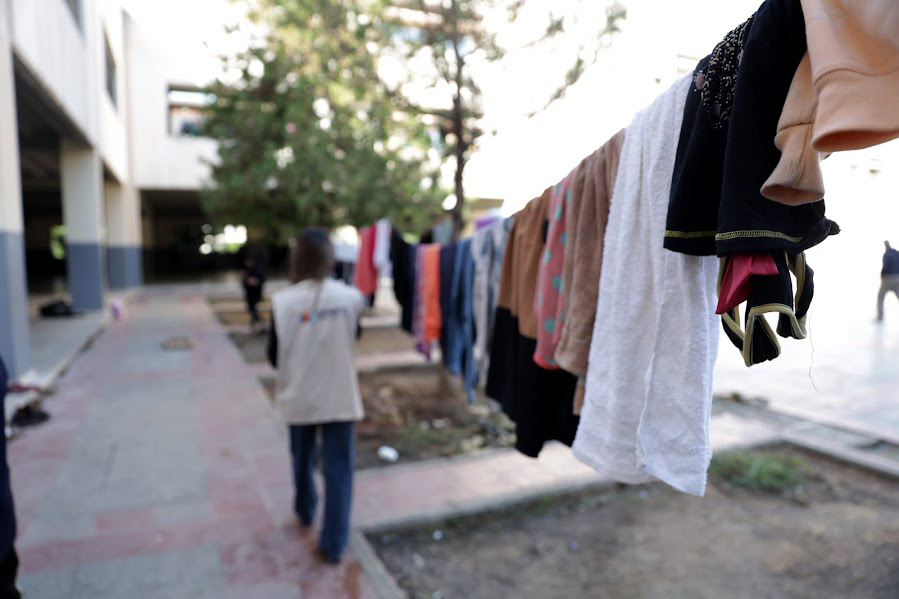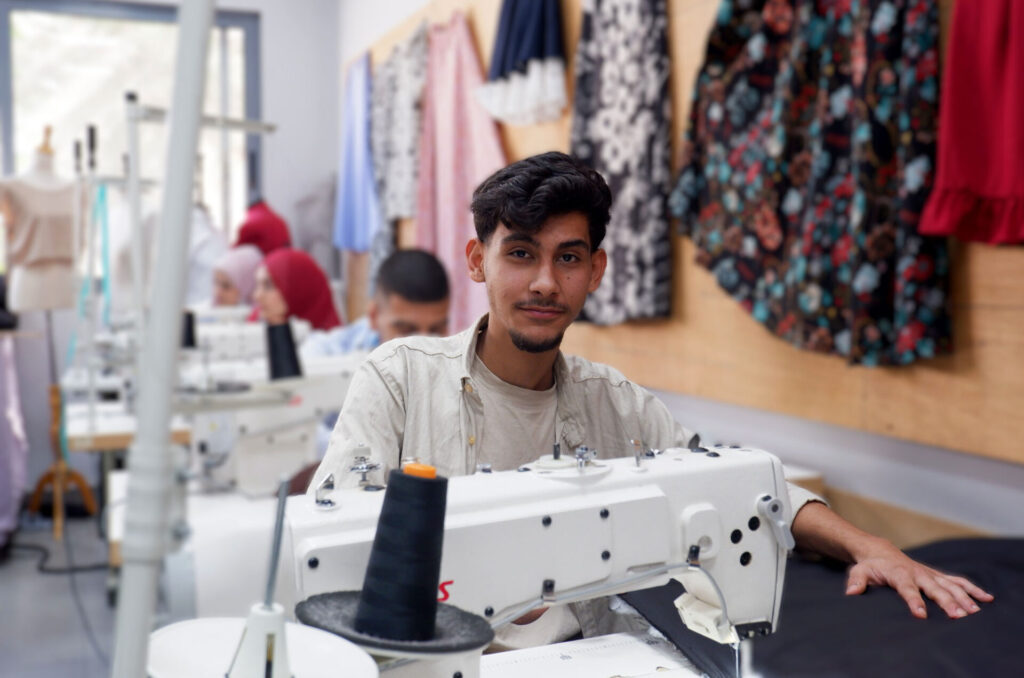EDUCATION
Women, Education and Displacement
Jan, 2021
Education courses empower refugee youth
We’ve just entered the new year, 2021, and many of us are thinking about our new year’s resolutions. Whether it’s to land a great job, establish our own business or achieve our body goals, we all hope for a better year, and maybe even a better self.
However, for a large chunk of our world’s population, time instead seems to stand still. These are people who have been forced off of their lands and driven to try to reassemble their lives elsewhere.
For millions of refugees around the world, achieving minimal economic stability is the ultimate new year’s resolution.
UNHCR estimates that the number of forcibly displaced people surpassed 80 million in mid-2020. Among them are nearly 26 million refugees – forced to leave their home country – half of whom are under the age of 18.
According to the United Nations Economic and Social Council, 60% of preventable maternal deaths take place in humanitarian settings, and at least one in five refugees or displaced women have experienced sexual violence.
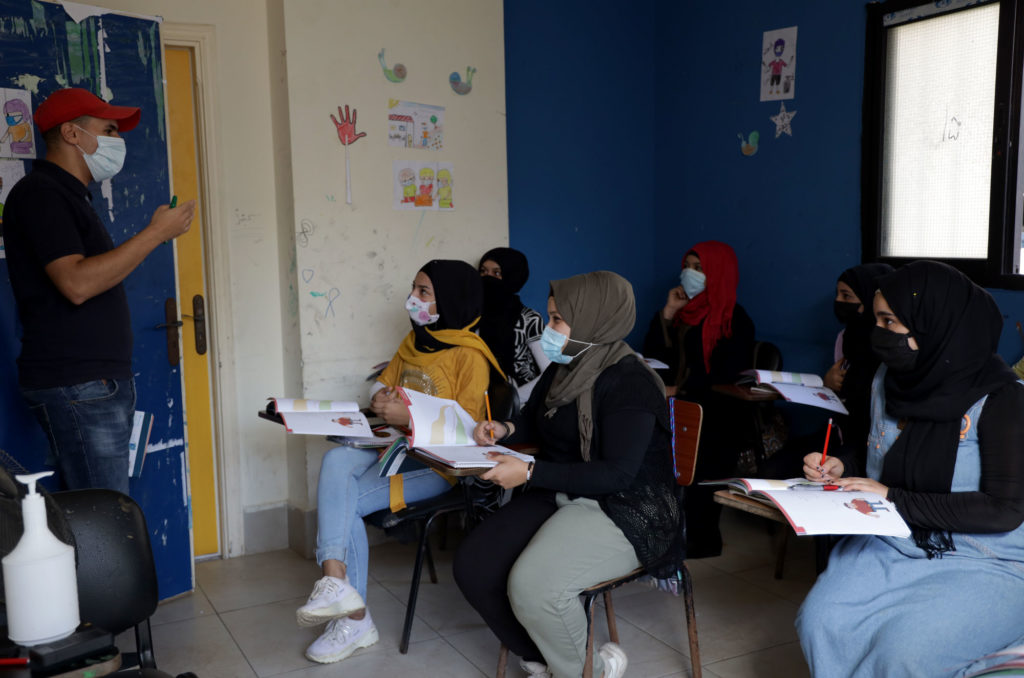

Anera believes that placing women and girls at the heart of our programming helps us safeguard women and work toward achieving gender equality. We implement this commitment through initiatives like our youth empowerment, education and employability program, one of our biggest programs in Lebanon.
A major component of this program is the math and literacy classes, in which we offer English and Arabic language courses and life-skills sessions to thousands of students across the country. One of our local partners in our current literacy classes is the Women’s Programs Association. Together, we are providing 30 girls and young women in Burj El Barajneh Refugee Camp with educational support.
Education has a way of expanding the horizons of young people’s aspirations. Sana, an 18-year-old Syrian refugee in our course, says,
“I came with my family to Lebanon in 2016, fleeing the war in Syria. My friend told me about the importance of this center and the educational courses it offers.
"Imagine! I’m 18 years old and I didn’t know how to read and write! But I’m happy now! I’m learning how to read things online, and to read the signs and posters around me."
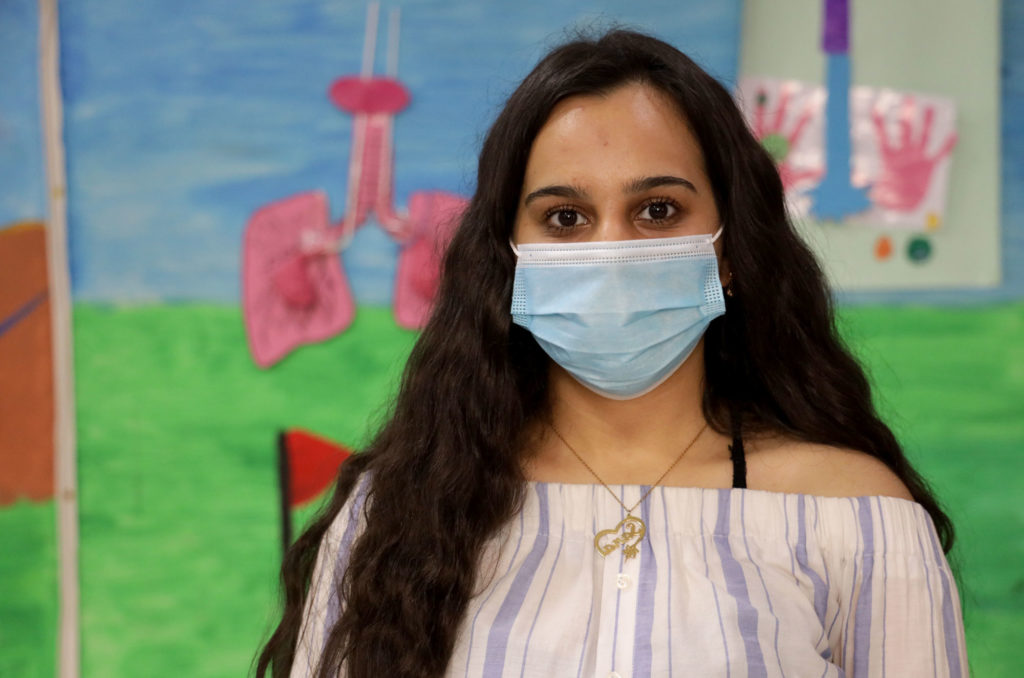



“I’m also learning English. I want to develop my abilities in order to work later in the field of journalism. Why not? I can do it!"
Education is also an essential component in helping families to break out of cycles of multi-generational poverty. Maryam, a 15-year-old Palestinian refugee, says,
"I was very sad because I did not get to complete the sixth grade because of so many problems with the school principal. But it’s not too late! I am glad and grateful because I am learning English and mathematics. I want to become fluent in English and enhance my abilities to become an English language teacher."
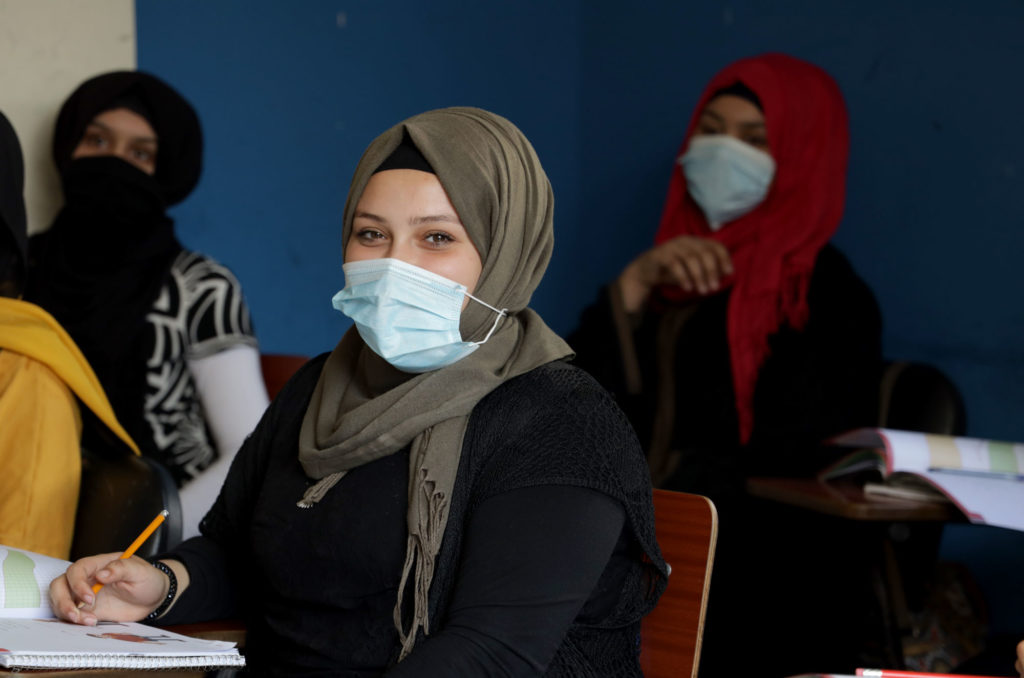

A lack of education holds back women in particular, and can trap them in toxic environments, early marriages and exploitation. Sawda, a 15-year-old Syrian refugee, says she has been living in Burj Al Barajneh camp in Beirut for seven years. For the last two months she's been studying at the center. She says,


"I’m happy because I am learning how to read and write. I want to become a nurse in the future."
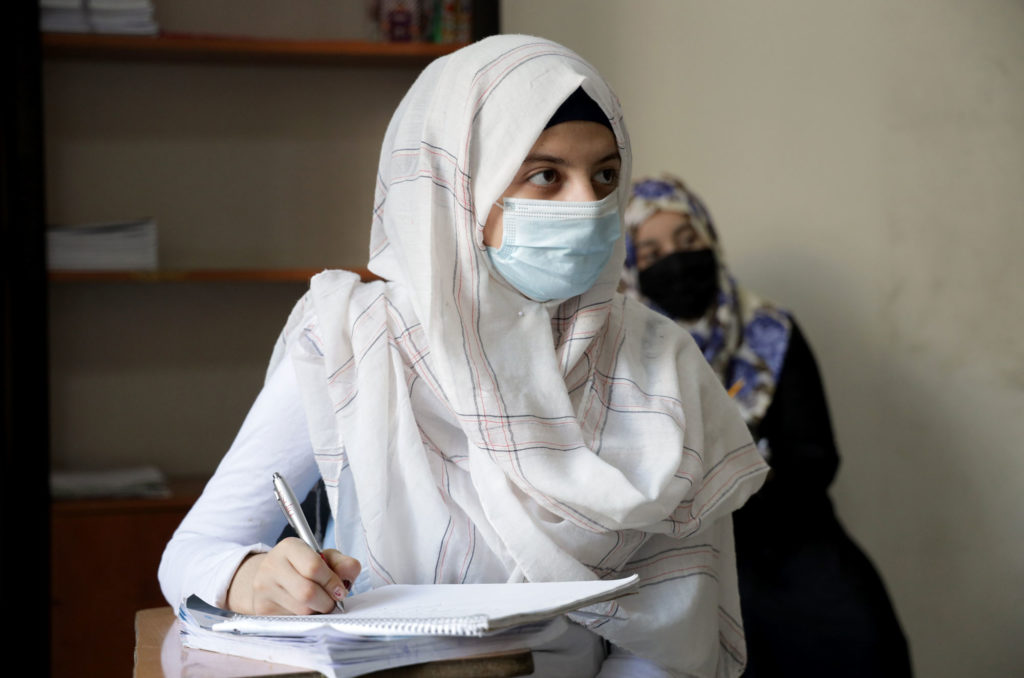

Anera’s Youth Empowerment, Education and Employability program is supported by UNICEF with funds from multiple donors, including UK AID, KFW & the governments of the Netherlands and Norway.

